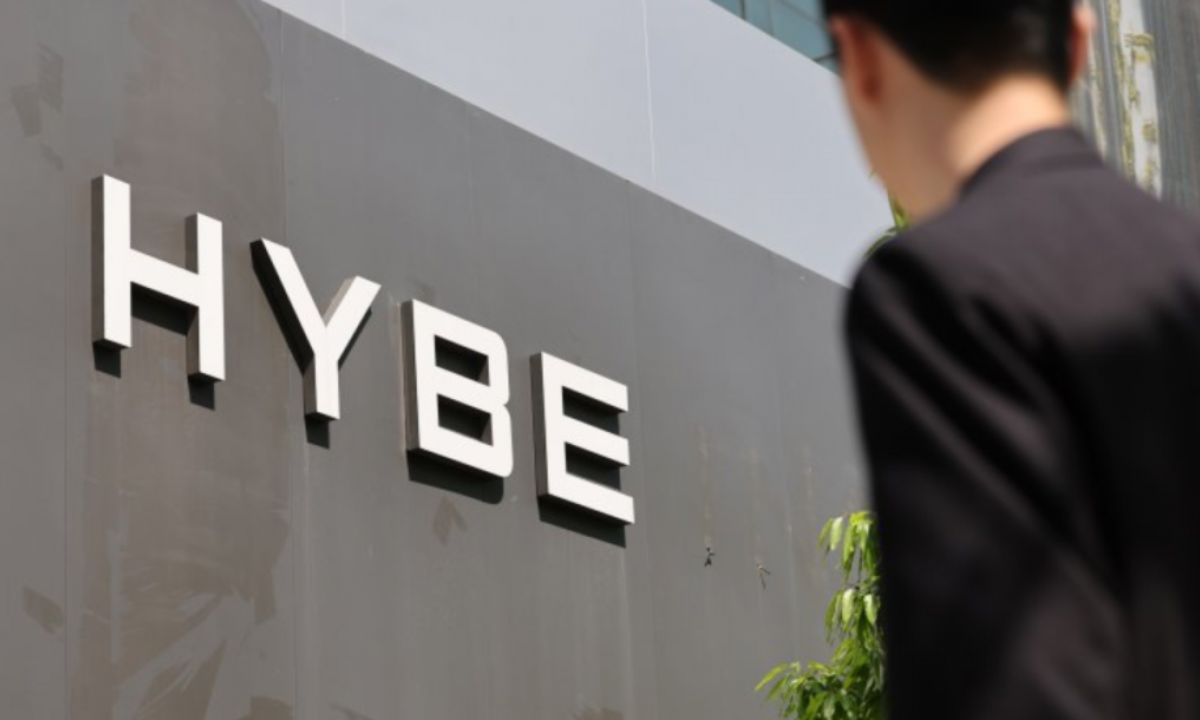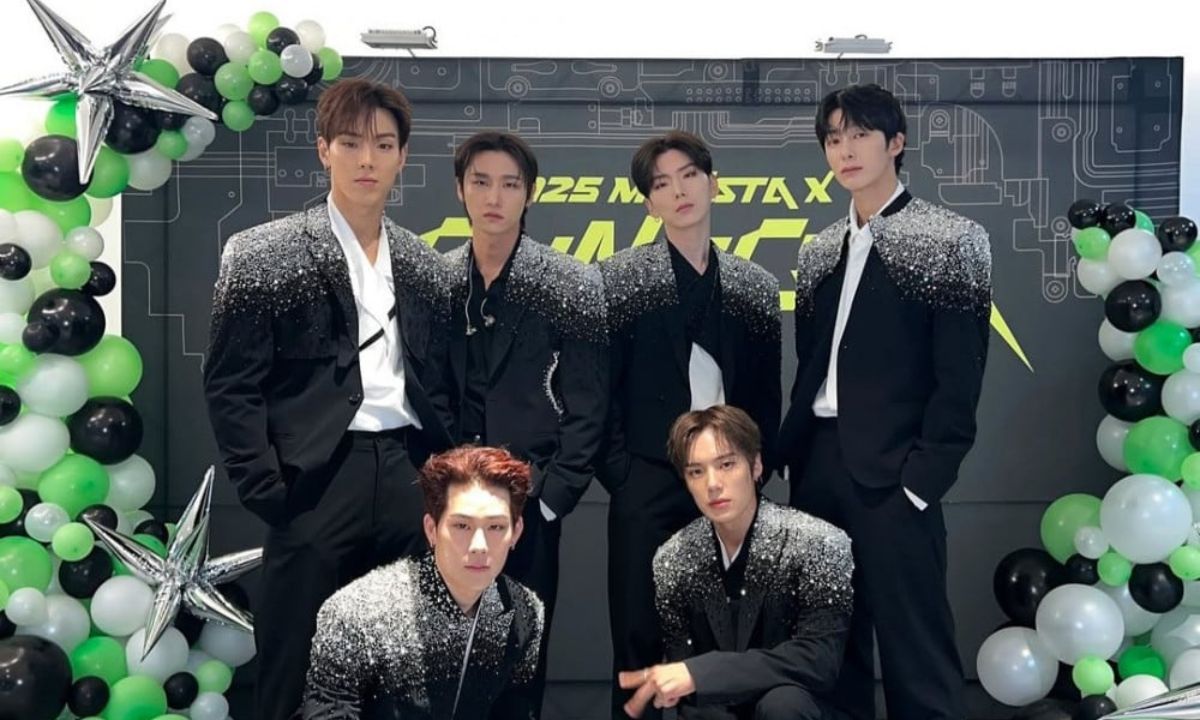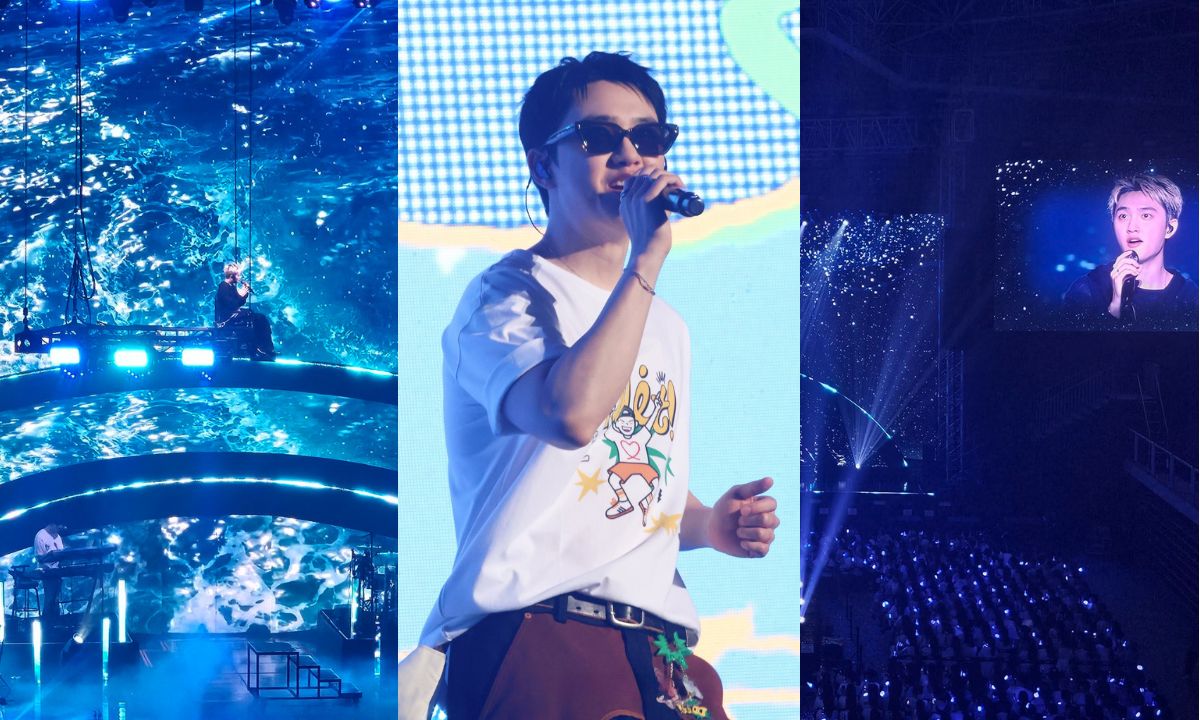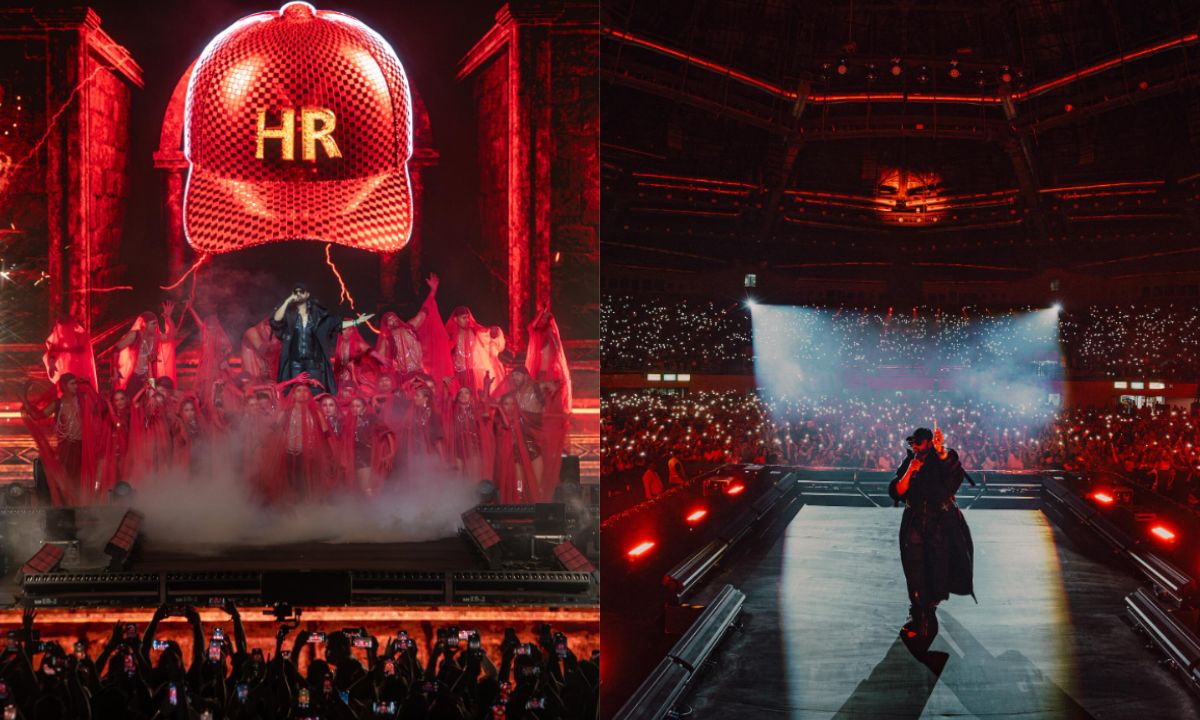South Korean prosecutors have dismissed a defamation complaint filed by HYBE, clearing an online user who posted critical comments under Naver news articles.
According to a decision made by the Bucheon Branch of the Incheon District Prosecutors’ Office on July 4 and obtained by Financial News on July 20, the user—referred to as “A”—will not be indicted. Prosecutors found there was not enough evidence to support HYBE’s claims of defamation and insult under South Korea’s Information and Communications Network Act.
The comments in question were posted in September 2023. Under a news article about HYBE’s girl group KATSEYE entering Billboard’s ‘Bubbling Under Hot 100’ chart, the user wrote, “Also, HYBE recently acquired a U.S. media manipulation firm.” Another comment, under a story about ADOR CEO Min Hee Jin’s legal dispute with HYBE, read: “HYBE seems collectively mentally ill. Did Bang Si Hyuk manipulate them like juice-writing? They’re lying like Hamas.”
HYBE argued the comments were defamatory and insulting, claiming they spread false information and compared the company to a terrorist group. However, prosecutors concluded that these statements, though harsh, were based on opinion rather than clear falsehoods.
The prosecutors acknowledged that HYBE had acquired a U.S.-based PR firm, The AGENCY, known for crafting media campaigns. They said calling it a “media manipulation firm” was a subjective take—not a factual lie.
Regarding terms like “mentally ill” and “Hamas,” the prosecution said that while crude, such language fell within the scope of public opinion. Given HYBE’s high-profile status and the ongoing public debates around its internal disputes, the remarks were deemed critical commentary rather than criminal insults.
Under South Korean law, insults can be punished even if they don’t include specific false facts. But when it comes to public figures or companies, courts often allow more freedom, especially if the speech involves public interest or criticism.
The prosecutors cited past court rulings that protect free speech—even when the language is exaggerated or satirical—highlighting that criminal charges for harsh opinions could stifle open debate.
In conclusion, the case was dropped due to a lack of grounds for defamation or insult.








